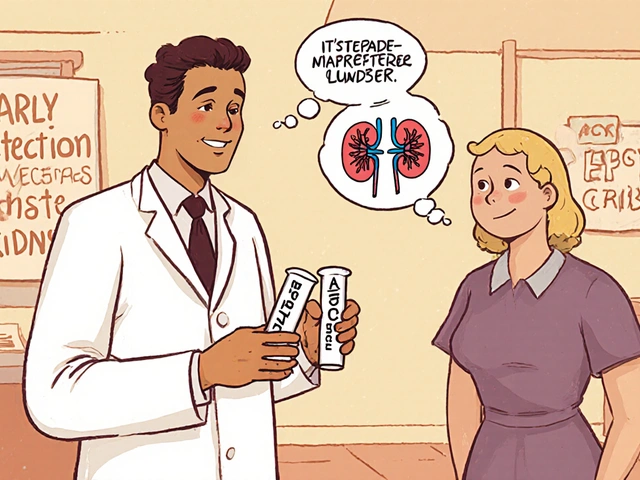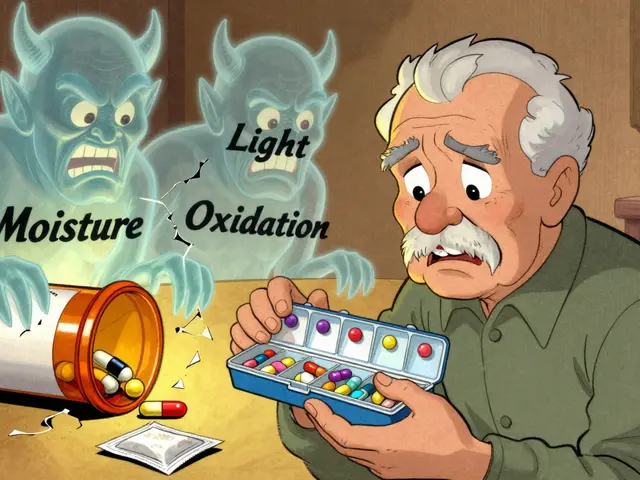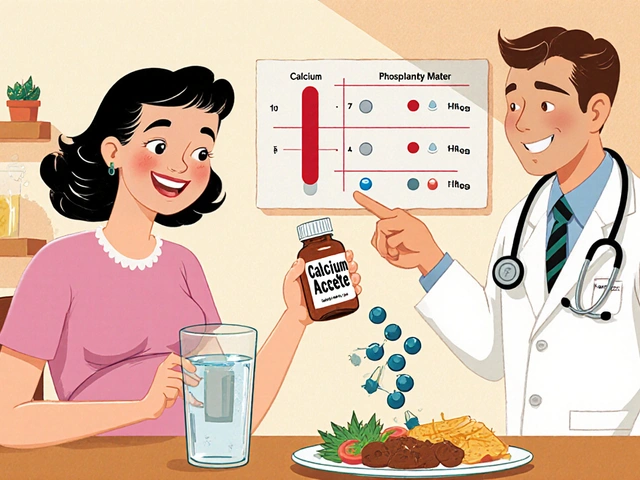Paxil (Paroxetine) – What You Need to Know
If you’ve been prescribed Paxil, you probably wonder what it does and how to use it safely. Paxil is the brand name for paroxetine, an antidepressant in the SSRI class. It’s used mainly for depression, anxiety, panic attacks, and sometimes for PTSD. The drug works by raising serotonin levels in the brain, which can improve mood and lessen worry.
Most people start with a low dose, usually 10‑20 mg per day, and the doctor may increase it gradually. Your doctor will decide the exact amount based on your condition, age, and how you respond. Take it at the same time each day, with or without food. Consistency helps keep the medicine steady in your system.
Common Side Effects You Might Feel
Like any medication, Paxil can cause side effects. The most frequent ones are nausea, dry mouth, trouble sleeping, and dizziness. Some people notice a mild weight gain or sexual changes like less interest. These effects often get milder after a couple of weeks as your body adjusts. If anything feels severe—like fast heartbeat, severe dizziness, or mood swings—call your doctor right away.
If you miss a dose, take it as soon as you remember, but don’t double up on the next dose. Skipping pills can cause withdrawal symptoms such as headache, irritability, or tingling. That’s why it’s important to keep a regular schedule.
Things to Watch: Interactions and Precautions
Paxil can interact with several other drugs, especially other antidepressants, blood thinners, and certain pain medicines. Mixing it with monoamine‑oxidase inhibitors (MAOIs) can be dangerous, so tell your doctor about every medication you take, even over‑the‑counter ones.
Alcohol can increase side effects like drowsiness, so it’s best to limit drinking while on Paxil. Also, if you’re pregnant or planning to become pregnant, discuss the risks with your doctor because Paxil may affect the baby.
Because Paxil can increase the risk of suicidal thoughts in younger adults, watch for any sudden mood changes, especially in the first weeks. If you feel hopeless or notice strange thoughts, reach out for help immediately.
Stopping Paxil abruptly is not a good idea. Your doctor will usually taper the dose slowly to avoid withdrawal symptoms. Follow the taper plan exactly as given; it can take a few weeks to come off safely.
In summary, Paxil can be a useful tool for managing depression and anxiety when taken correctly. Keep track of how you feel, stay honest with your doctor about other meds, and never stop the pill without guidance. With the right approach, many people find relief and get back to their daily lives.





